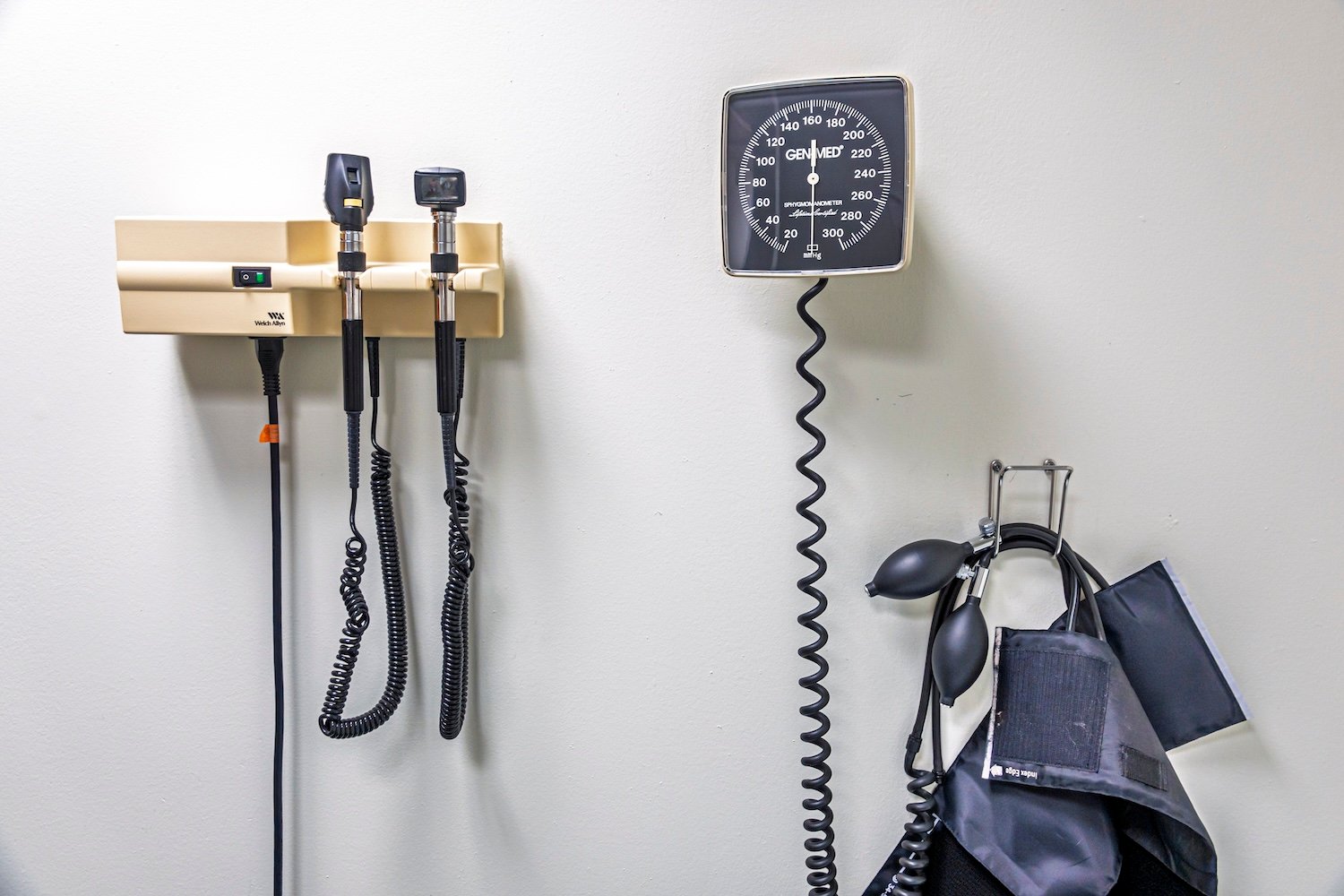The Big Beautiful Bill Is Bad for Americans' Health and Wallets, Study Finds

The “Big Beautiful Bill” is now law, and it’s poised to wreak plenty of destruction. Research out today finds that the policy changes will lead to thousands more deaths annually, as well as harm the financial health of rural hospitals.
Epidemiologists at the University of California, San Francisco, and elsewhere conducted the study. They found the Medicaid cuts caused by the Big Beautiful Bill will cause many avoidable hospitalizations and deaths, put dozens of rural hospitals at high risk of closing, and ultimately leave a big dent in the U.S. economy as a whole. The findings are only the latest to highlight the likely damage from the Trump administration’s now crowning achievement.
“This analysis suggests substantive negative health and economic impacts from provisions in the current Medicaid reform bill,” the authors wrote in their paper, published Wednesday in JAMA Health Forum.
The One Big Beautiful Bill Act—signed into law by President Donald Trump on July 4—extends the 2017 tax cuts passed during Trump’s first term and enacts many of the administration’s other priorities, including increased defense spending. It was crafted as a budget reconciliation bill, which allowed Republicans to pass it through the Senate with a simple majority. To offset some of its added expenditures, the bill includes provisions designed to trim spending across several programs, most notably Medicaid. These provisions include tighter restrictions on Medicaid eligibility, work requirements for non-disabled adults, and the delay of Biden-era regulations to simplify and expand Medicaid access.
The Congressional Budget Office previously projected that these changes would reduce Medicaid spending by roughly $700 billion between 2026 and 2034 and cause 10.3 million people to leave Medicaid by 2034, including 7.6 million who would become uninsured entirely. To come up with their estimates, the study authors analyzed past research looking at the aftereffects of losing health care coverage on people, hospitals, and the economy.
Under the CBO’s projections of lost coverage, they estimated that nearly 95,000 more hospitalizations in the U.S. would occur annually by 2034, along with 1,500 excess deaths a year. 1.6 million people annually would also delay medical care due to cost, and nearly 2 million would fail to take their medications as instructed.
The researchers further calculated the bill would cause many rural hospitals to lose revenue from losing patients covered by Medicaid and having to pay for uninsured patients instead. They estimated that 101 rural hospitals would be at high risk for closure by 2034. The losses in coverage were also estimated to result in 302,000 lost jobs annually by 2034, as well as $135.3 billion less money being pumped into the economy every year, including $11 billion lost in state and local taxes. These coverage losses could additionally generate $7.6 billion in medical debt by 2034.
Other studies have mapped out the health costs of the Big Beautiful Bill, but the study researchers say their analysis takes an even deeper look into the total fallout that will come from it.
“The study critically is peer-reviewed and uses evidence from multiple rigorous studies to create a hopefully more credible assessment of impact, specifically looking beyond coverage losses alone to other secondary impacts on healthcare entities and local economies,” lead author Sanjay Baju, an epidemiologist and physician at UCSF, told Gizmodo.
Though the bill is now signed into law, there may yet be further changes made to Medicaid. But Baju and his colleagues don’t expect any such changes to significantly alter their estimates. If anything, the numbers may be too rosy. It’s possible that even more people will lose their Medicaid coverage, the researchers note, and they didn’t analyze the impact of possible negative changes to Medicare that could also be set into motion by the bill. While these provisions aren’t scheduled to come into effect for some time, some rural hospitals have already blamed the law for their closures.
Baju says that it’s still possible to mitigate at least some of the harms caused by the bill, such as through added private funding. But the reality of the situation is grim enough that even many of its supporters are scrambling to run damage control. Health and Human Secretary Robert F. Kennedy Jr. recently denied outright that the law will cause any Medicaid cuts, for instance, while Senator Josh Hawley (R-Montana) introduced legislation Tuesday to prevent the Medicaid changes he voted for.



- CỘNG ĐỒNG
- News
- Tech
- Food
- Causes
- Personal
- Art
- Crafts
- Dance
- Drinks
- Film
- Fitness
- Игры
- Gardening
- Health
- Главная
- Literature
- Science
- Networking
- Party
- Religion
- Fashion
- Sports
- Звезды
- Xã Hội


